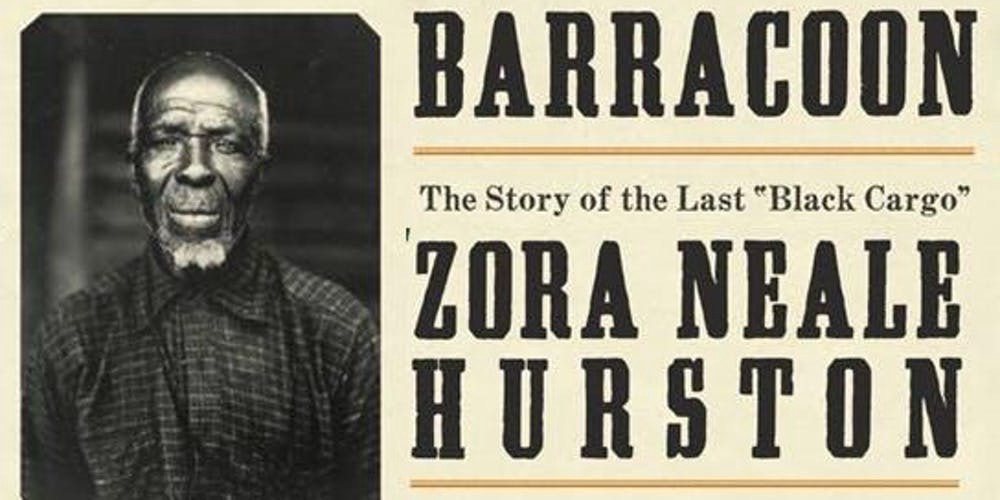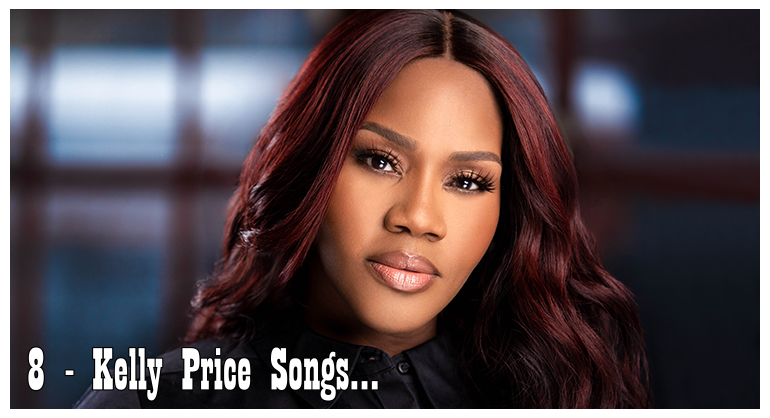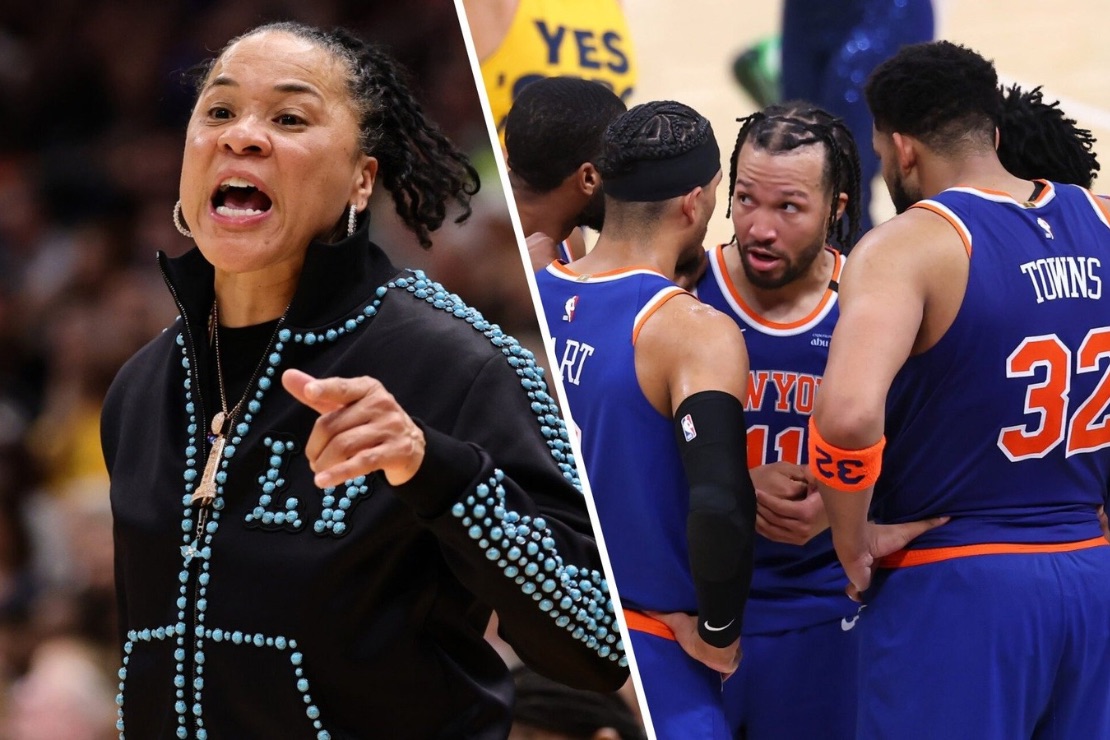(ThyBlackMan.com) Enslavement in the United States and the inhuman Middle Passage reads like a horrible nightmare in any book. The enslavement of African people was an institution unlike many others of the same name. Today we are told this time period is in the past and it should be forgotten. We are told the country can’t truly move forward unless we allow this bloody stain on America’s history to fade into obscurity. When we try to explain why that is not an option white people tell us we are causing division in the country, and some of our own people brand us as troublemakers. The understanding of this horror reads one why when it is explained in a history book. No one can tell your story better than you, and the true impact of what one has endured can never fully be understood unless the voices of those individuals are heard. “Barracoon: The Story of the Last Black Cargo” by Zora Neale Huston is an interview with the last known surviving African of an American slave ship. This is the story of Cudjo Lewis (Oluale Kossola).
Kossola survived the Middle Passage, spent about five and a half years enslaved leading up to the Civil War, and had to adapt to living in a foreign land while he had a very clear memory of his home. Zora Neale Hurston would sit down with him over about a two month period as he recounts the life he remembers in his native land, the tribal war that would cause his abduction, his time in the barracoons and through the Middle Passage, his time enslavement, freedom, the joy of family, and the heart-wrenching account of his loss of said family. Kossola does not spare details on the life he lived in his homeland and forced Hurston to understand if she was to know his story…she had to know about where he’s from and his way of life prior to enslavement. The story is captivating and painful. I love the way Kossola told stories, yet when he spoke of his life in many places, I found myself in tears with him.

To Hurston’s credit the book reads in the manner Kossola spoke, so the reader has to adjust for dialect. This can make the text difficult in the beginning, but as you read you find it easier to follow Kossola’s speech. Hurston is sensitive to his memories, and she doesn’t force him when he’s speaking. There are days at a time that he was not speaking, and she was rather patient. They talked, ate, and formed a beautiful friendship. This is a book that is necessary to explore because Kossola speaks on how he became enslaved, and he was sold to white men by black people as the result of a war. Granted, that is not the only way African people were enslaved we must also acknowledge this part of the slave trade. Reading this part of his account is just as uncomfortable as the enslavement itself.
This book is a gem. Kossola takes us on a journey that only an enslaved African can tell. It is painfully honest. He tells the story of his life as he lived it, and there is no political interest. He was not born in America, so his story is a bit different than those enslaved ancestors that were born on this soil. He even speaks of the negative treatment he and other Africans received by blacks born here. This is a book that is very difficult to digest. It pulls on many emotional spaces, yet the strength and dignity of this man shines though the text. Please take the time to read this book and discuss it within community as it adds more to our understanding of the enslavement period, and that which followed. It is important for the voices of the enslaved to finally be heard as all their experiences were not the same.
“Barracoon: The Story of the Last Black Cargo” by Zora Neale Huston can be found on Amazon, and anywhere books are sold.
Staff Writer; Christian Starr
May connect with this sister over at Facebook; https://www.facebook.com/christian.pierre.9809 and also Twitter; http://twitter.com/MrzZeta.

















Leave a Reply